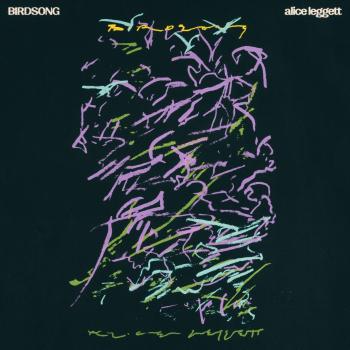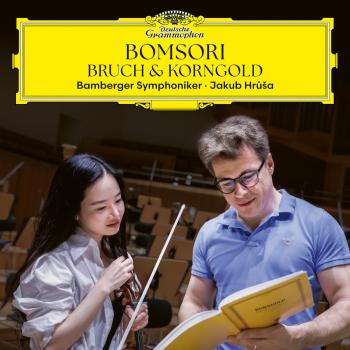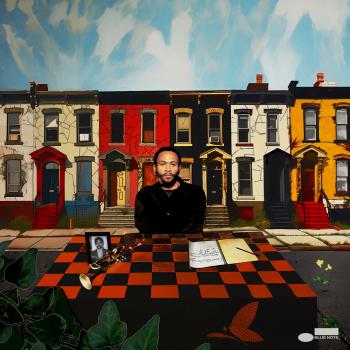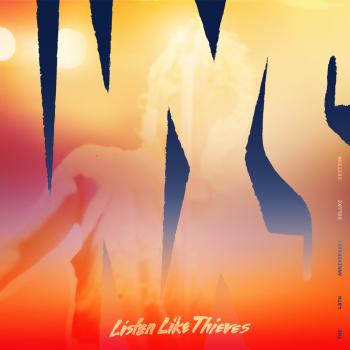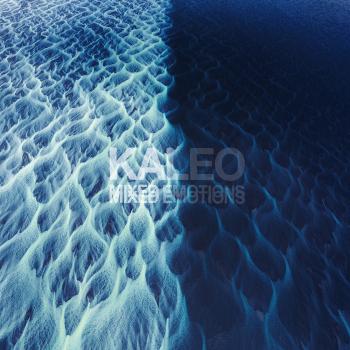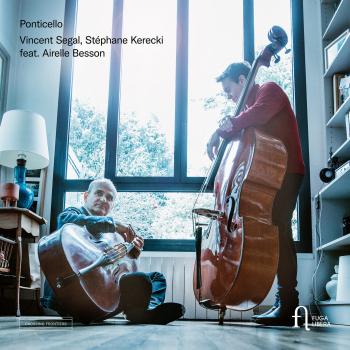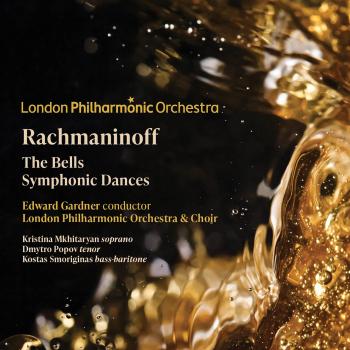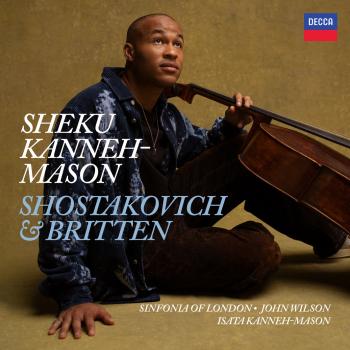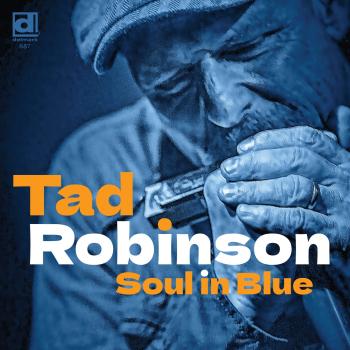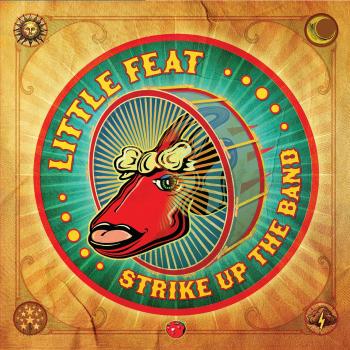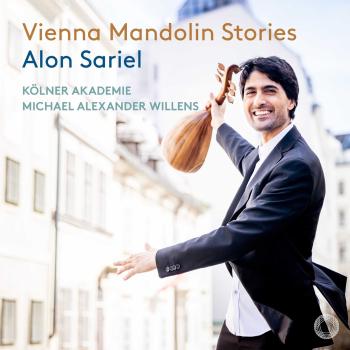
Virgin and Child - Music from the Baldwin Partbooks II Contrapunctus & Owen Rees
Album info
Album-Release:
2017
HRA-Release:
06.02.2017
Album including Album cover
- 1 Gaude gloriosa Dei mater 18:33
- John Taverner (1490 - 1545):
- 2 Mater Christi 06:50
- Robert White (1538 - 1574):
- 3 Tota pulchra es 05:30
- Thomas Tallis
- 4 Magnificat 10:25
- 5 Videte miraculum 09:56
- Robert White
- 6 Regina caeli laetare 03:20
- Robert Fayrfax (1464 - 1521):
- 7 Ave Dei Patris 13:20
- 8 Verbum caro factum est 07:24
Info for Virgin and Child - Music from the Baldwin Partbooks II
Early music consort Contrapunctus return to disc on Signum for the second release in their series centered on music of the Baldwin Partbooks (In the Midst of Life, SIGCD408). John Baldwin was a member of the choir of St George’s chapel, Windsor, and his transcriptions during the 1570s and 80s create one of the greatest surviving collections of Marian polyphony, composed during the reigns of Henry VIII and Mary Tudor. This volume explores texts celebrating Mary as mother of God, and on the Virgin and her Child.
Contrapunctus, led by Owen Rees, couple powerful interpretations with pioneering scholarship. Currently Vocal Consort in Residence at Oxford University, the ensemble’s first two recordings, Libera nos and In the Midst of Life, were both shortlisted for the Gramophone Early Music Award.
A contemporary of Mundy, Robert White (c1538-1574) was a promising young musician whose life was cut short by a plague epidemic in London. His colleague Robert Dow, who made a personal copy of White’s motets, left an epitaph for him in the manuscript: ‘Greatest glory of our muses, White: you perish, but your muse remains for ever’. Like Mundy, White also set ‘Tota pulchra es’, a colourful text that was traditionally applied to the Virgin Mary. And like Mundy’s Vox Patris caelestis, this piece shows the most unrestrained side of English devotion to the Virgin Mary—and perhaps also to her royal namesake. White’s setting is for six voices in a rather backward-looking style, with the plainsong melody always present in the baritone part and a relatively wide vocal range (F-g’’). The effect is expansive and lyrical, in contrast with the denser texture and continuous points of imitation that feature so prominently in many of White’s psalm-motets.
Contrapunctus
Owen Rees, conductor
Contrapunctus
Coupling powerful interpretations with path-breaking scholarship, Contrapunctus presents music by the best known composers as well as unfamiliar masterpieces. The group’s repertoire is drawn from England, the Low Countries, Spain, Portugal and Germany, particularly in the sixteenth and seventeenth centuries. The scholarly facet of the group’s work – including the discovery of long-lost music and reconstructions of original performing contexts – allows audiences to experience the first performances of many works in modern times. Since its foundation in 2010, the group has appeared in many of the world's most prominent music festivals – the Utrecht Early Music Festival, the AMUZ Festival in Antwerp, the Festival van Vlaanderen in Mechelen, the Eboræ Musica Festival and Setúbal Festival in Portugal, the concert series at De Bijloke in Ghent, and in the Martin Randall Festival of Spanish Music (Seville Cathedral), and alongside the Orchestra of the Age of Enlightenment. Contrapunctus is Vocal Consort in Residence at the University of Oxford. The group's debut disc 'Libera nos: The Cry of the Oppressed' was released on the Signum Label in 2013 and was shortlisted for the Gramophone Early Music Award 2014. Contrapunctus' next recording project centres on the Baldwin Tudor Partbooks. A series of discs on the Signum label will present music from these partbooks. The first album 'In the Midst of Life' featuring motets on the theme of mortality, was released in February 2015 to great critical acclaim. It was shortlisted for the Gramophone Early Music Award 2015, named Album of the Week in The Sunday Times, The Week, and on BBC Radio 3 CD Review. It was Editor's Choice in Gramophone and Choral and Song Choice in BBC Music Magazine.
This album contains no booklet.

